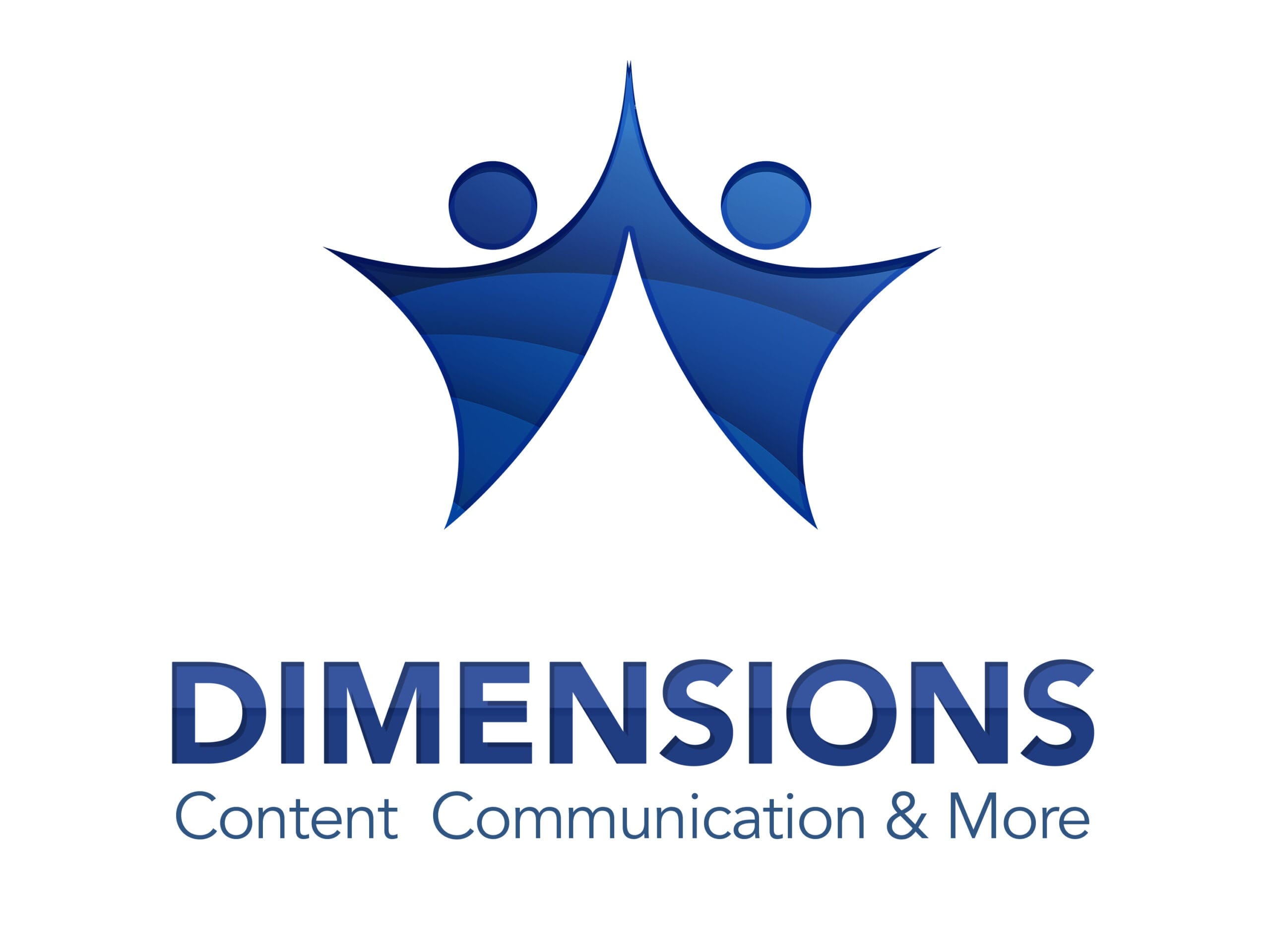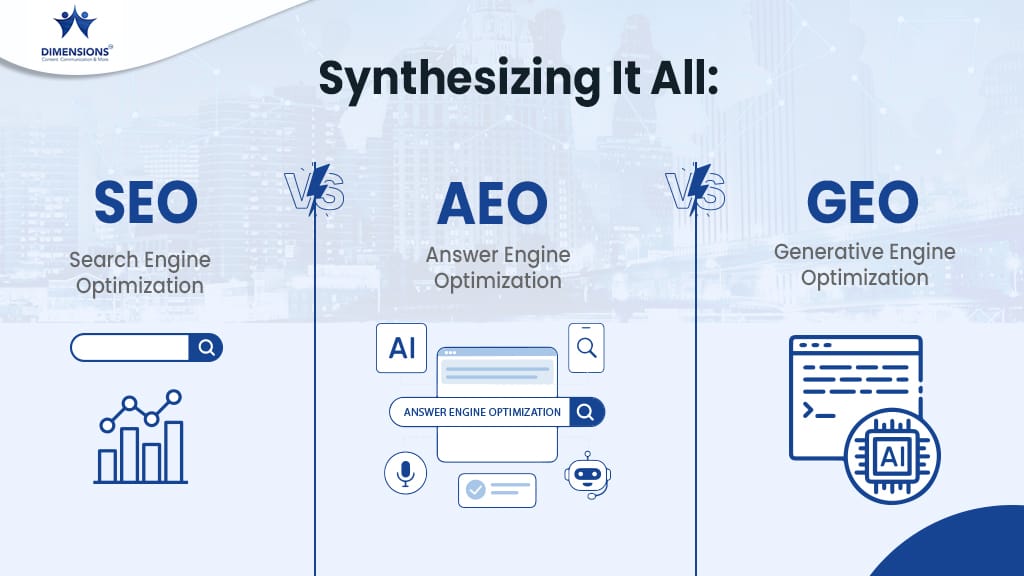Are you paying attention to the level of Paraphrasing in your write-ups?
Do you think not plagiarising is enough to optimise results on the Internet?
UH-OH!
There you are! Mistaken with a chance of being ill-favoured.
Paraphrasing is unacceptable when it is improper and may as well equate to the risks associated with Plagiarism. It is because it directly impacts your Google Indexing which is why overlooking the paraphrasing level can slash your impact on the Internet to become pretty redundant.
But before we get into knowing how to paraphrase the correct way, let us devote a few minutes to grasp the fundamental difference between Plagiarism and Paraphrasing.

The Offence called Plagiarism
Plagiarism can simply be defined as ‘using someone else’s ideas, information, images or results without crediting the author/creator. Sometimes, it may even give an impression that it is your work and not of the creator from whom you have just borrowed the idea. It is a serious offence; thus, it is imperative to cite your source, without which your work may get classified as plagiarised. Remember, it would still be Plagiarism if done unintentionally.
Paraphrasing is alright but up to a mark.
Paraphrasing is how a concept is represented by employing one’s vocabulary after having interpreted it from a source. Simply put, you may convey the same idea, but as long as you stay true to the source you derived your inspiration from. This execution ensures that your readers comprehend that you have done considerable research before putting your thoughts together in your paper, article, or blog. Therefore, it is a skill that is acquired and perfected over time.
Improper Paraphrasing? A Sure Form of Plagiarism
Although Paraphrasing is a compelling alternative, it is only acceptable when done the right way. Writers should always pay attention to how they are using a piece of information to incorporate into their work. Besides, it has to be thoroughly reviewed before putting it out there on the Internet, whether to bring charm or speak for your enterprise. Let’s simplify what may qualify as Improper Paraphrasing:
- Extracting a direct quote from someone else’s work
- Altering some words in an original sentence to use in your work
- Failing to add quotation marks to a phrase or sentence extracted from the source
- Not giving credit to the source from which the idea has been borrowed
Moreover, a few unintentional paraphrasing mistakes can be enough to mark Plagiarism in your work.
Does Paraphrasing Impact SEO?
We are all trying to be ahead in the game by understanding the changing algorithms of Google, and the best way to optimise your content on the Internet is to team up with SEO. But the tricky part is that Paraphrasing can hinder your work or business from appearing in the search results. And that way, your competitor, with greater paraphrasing strategies or merely strategies to develop content, takes over the game.
And our SEO experts think that to optimise your content with SEO, one must stick to four key components:
- Originality
- Readability
- Alternate Vocabulary
- Accurate Keywords
So, the answer to if Paraphrasing impacts SEO is a definite Yes, with an emphasis being laid on Google Indexing too.
Tips to Avoid Paraphrasing
Paraphrasing is essential to showcase how well you understand a subject to be able to present it in your own words rather than quoting it blindly. However, what is yet more critical is for it to be done sporadically to retain the authenticity of your work.
So, we are here to help you with a few practical strategies to paraphrase properly.
- Read to fully understand an idea or information before beginning your paraphrasing task. Remember, your intention is not to replicate what the author has meant but to direct it towards an audience who would also seek authenticity in your composition. Do not imitate but perform the act of recreation with a tinge of your thoughts and vocabulary.
- Once you have finished reading the author’s work, try not to go back to it while drafting your own. This ensures that the idea helps you configure your work by certain tweaking so that it is not loaded with resemblance matching the original copy.
- Before completion, try to assess by comparing the two and look for uniqueness on your own. You are the best judge of your work, and once you can find your voice in the content, it is good to go.
- Lastly, rely on a tool that identifies the level of Paraphrasing that has been committed in work. It protects you from publishing a piece on the Internet, which can be prone to being marked for its Plagiarism or simply not meeting the standards to make appearances in search results. With that, you can go back to amend the mistakes which impact your SEO.
With these tips and tricks, you too can improve your SEO and Google Indexing, or maybe just leave it to the experts.
Well, talking of experts, we have a team full of them who have learnt the art and can help you rule the Internet. Get in touch with Dimensions to manage your content and accentuate your business to the next level.





